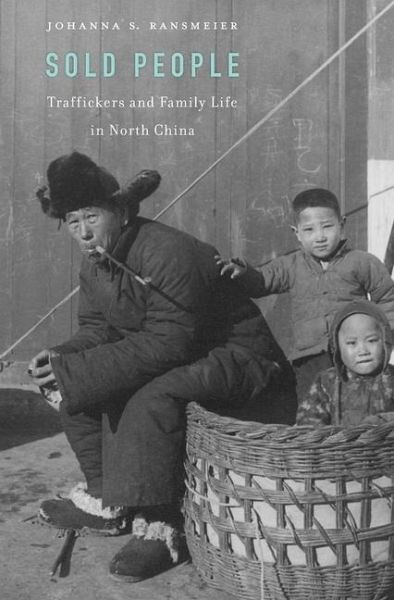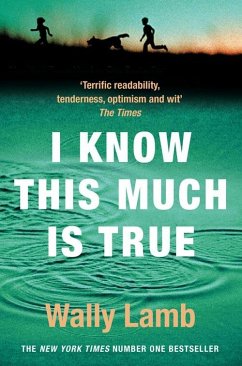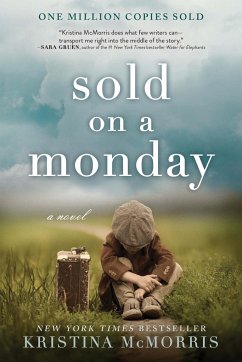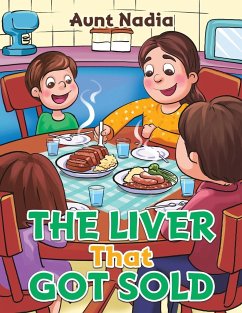Nicht lieferbar

Sold People
Versandkostenfrei!
Nicht lieferbar
Sold People considers human trafficking in China not as a symptom of social problems like poverty or famine, but as a widespread practice and imbedded process extending far beyond times of crisis into the very heart of family life. It follows the lives of sold people and their traffickers closely, demonstrating how the trade in people was shaped, encouraged, and even enabled by Chinese family structure. In 1910, the Qing government promulgated legislation to abolish slavery and prohibit trafficking. Reformers hoped that this would help usher China into an international community of modern nati...
Sold People considers human trafficking in China not as a symptom of social problems like poverty or famine, but as a widespread practice and imbedded process extending far beyond times of crisis into the very heart of family life. It follows the lives of sold people and their traffickers closely, demonstrating how the trade in people was shaped, encouraged, and even enabled by Chinese family structure. In 1910, the Qing government promulgated legislation to abolish slavery and prohibit trafficking. Reformers hoped that this would help usher China into an international community of modern nations. On the ground, the country's new police found these laws almost impossible to enforce. Urbanization, commercialization, industrialization, the development of modern transportation systems, and the fractious militarization that followed China's 1911 revolution created a perfect environment for entrepreneurial brokers to meet old needs with new criminal strategies. The dynasty's Republican successors struggled toeliminate the deeply entrenched and yet malleable trade in people.--













